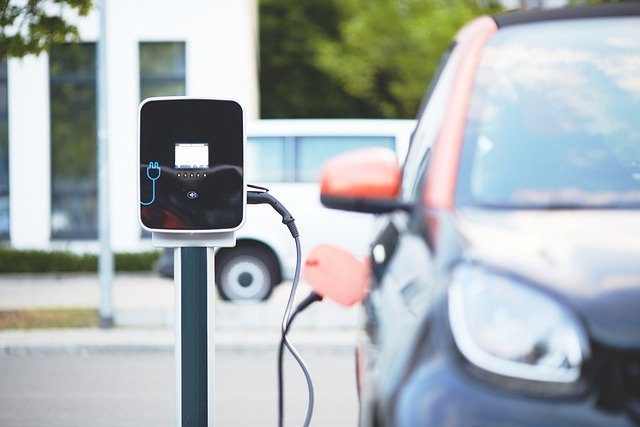The Rise of Electric Cars: Revolutionizing Urban Mobility
Electric cars have emerged as a game-changing solution in the automotive industry, offering an eco-friendly alternative to traditional gasoline-powered vehicles. As cities worldwide grapple with air pollution and climate change concerns, electric cars are gaining popularity for their zero-emission operation and potential to reduce our carbon footprint. This article explores the key aspects of electric cars, their impact on urban mobility, and their role in shaping the future of transportation.

How do electric cars benefit the environment?
One of the primary advantages of electric cars is their positive impact on the environment. By eliminating tailpipe emissions, electric vehicles significantly reduce air pollution in urban areas. This is particularly crucial for improving air quality in densely populated cities where traffic congestion is a major concern. Additionally, as electricity grids increasingly shift towards renewable energy sources like solar and wind power, the overall carbon footprint of electric cars continues to decrease, making them an even more sustainable transportation option.
Are electric cars suitable for city driving?
Electric cars are particularly well-suited for urban environments, where they excel as compact cars and city cars. Their silent operation and instant torque make them ideal for navigating through busy city streets and stop-and-go traffic. Many electric vehicles are designed with a focus on maneuverability and efficient use of space, making them perfect for tight parking spots and narrow roads commonly found in urban areas. Furthermore, the limited range of some electric cars is less of a concern in city settings, where charging infrastructure is more readily available and daily driving distances are typically shorter.
What are the key features of modern electric cars?
Modern electric cars have come a long way in terms of technology and design. Many models now offer impressive ranges, with some capable of traveling over 300 miles on a single charge. Advanced battery management systems and regenerative braking technology help maximize efficiency and extend driving range. Electric vehicles also often feature cutting-edge infotainment systems, driver assistance technologies, and smartphone integration, providing a high-tech driving experience. Some electric cars even offer over-the-air software updates, allowing manufacturers to improve vehicle performance and add new features remotely.
How does the cost of owning an electric car compare to traditional vehicles?
While the initial purchase price of an electric car may be higher than that of a comparable gasoline-powered vehicle, the total cost of ownership can be lower in the long run. Electric cars generally have fewer moving parts, which can result in reduced maintenance costs. Additionally, electricity is often cheaper than gasoline on a per-mile basis, leading to potential savings in fuel costs over time. Many governments also offer incentives such as tax credits or rebates to encourage the adoption of electric vehicles, further offsetting the initial investment.
| Electric Car Model | Manufacturer | Range (miles) | Starting Price (USD) |
|---|---|---|---|
| Tesla Model 3 | Tesla | 263-353 | $39,990 |
| Chevrolet Bolt EV | Chevrolet | 259 | $31,995 |
| Nissan Leaf | Nissan | 149-226 | $27,400 |
| BMW i3 | BMW | 153 | $44,450 |
| Hyundai Kona Electric | Hyundai | 258 | $34,000 |
Prices, rates, or cost estimates mentioned in this article are based on the latest available information but may change over time. Independent research is advised before making financial decisions.
What does the future hold for electric cars?
The future of electric cars looks promising, with ongoing advancements in battery technology, charging infrastructure, and vehicle design. As battery costs continue to decrease and energy density improves, we can expect to see more affordable electric cars with longer ranges. The expansion of fast-charging networks will make long-distance travel in electric vehicles more practical. Additionally, the integration of autonomous driving technologies and vehicle-to-grid capabilities may further revolutionize the role of electric cars in our transportation ecosystem.
Electric cars represent a significant step towards sustainable urban mobility. As technology advances and infrastructure improves, these vehicles are becoming an increasingly viable option for a wide range of consumers. While challenges such as charging infrastructure development and battery recycling still need to be addressed, the momentum behind electric cars continues to grow. As cities and governments worldwide push for cleaner transportation solutions, electric cars are poised to play a crucial role in shaping the future of personal mobility and urban planning.






